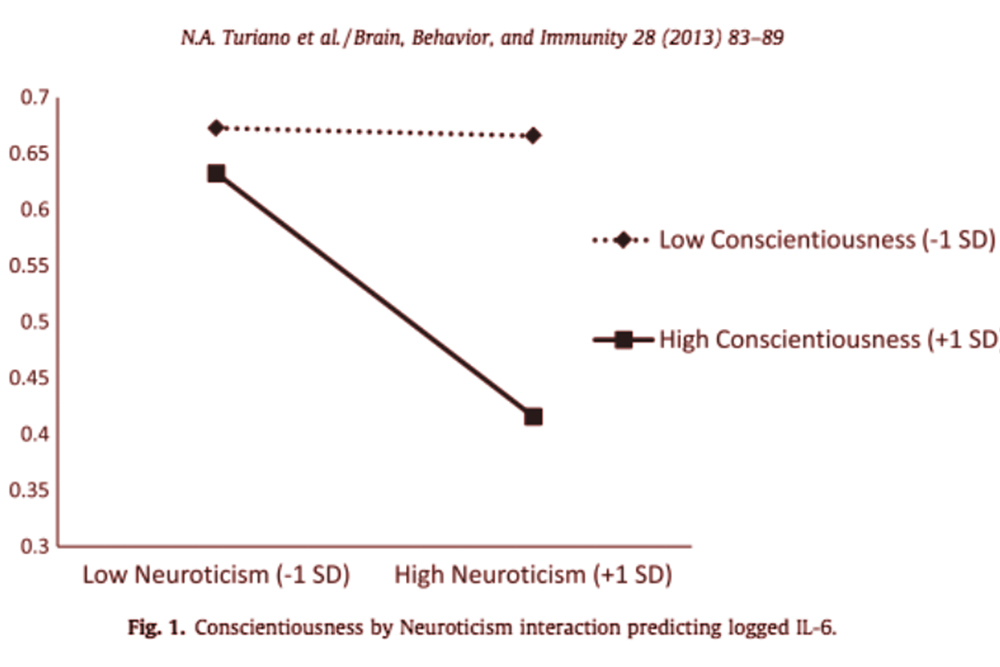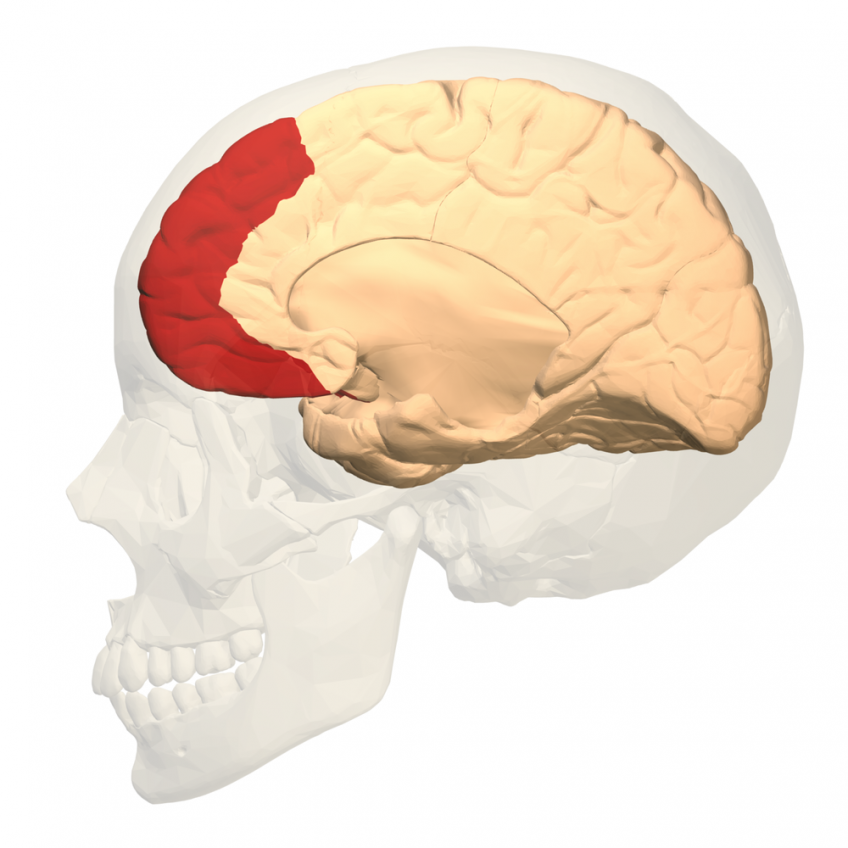The Importance of Nutrition on Brain Health

What you put into your body is damn important.
I mean, without providing your body with all nutrients it needs to thrive, you can expect to see declines in physical health, emotional wellbeing, and even strength and function. As such, there is a very obvious reason as to why diet has been linked to so many different diseases.
But did you know that your diet can also have a huge impact on the health of your brain?
How nutrition impacts brain health
How nutrition affects the brain.
Using a somewhat simplistic view, your brain is like any other organ in your body (undeniably the most complex organ in your body, but that’s neither here nor there…). Its cells require energy to function, and it needs to nutrients to produce the all-important brain chemicals it needs to survive.
With this in mind, if your diet is deficient in any one of these important nutrients, then your brains ability function becomes impaired (Monti, 2015).
This means that the cells of your brain will no longer be able to send signals to one another efficiently. You might not have enough nutrients available to produce important brain chemicals. Furthermore, you may not have the compounds required to repair damaged brain cells.
Which can lead to some rather serious problems (but more on that later).
Conversely, if your diet is full to the brim with everything your brain needs to survive, then you have nothing to worry about.
How nutrition affects memory and concentration
When we are talking about diet and the brain, two of the most common topics that come up are how nutrition affects memory, and how nutrition affects concentration – both of which are of great interest to people from all walks of life.
And fortunately for us, there has been a huge amount of research into the area (Gómez-Pinilla, 2008).
See, it is well established that there are several key nutrients that play a direct role in the maintenance of cognitive function and mental processing – which obviously encompasses both memory and concentration.
Those nutrients include:
- Omega 3 Fatty Acids (nuts, fish, and seafood): are used to create the walls and membranes of your brain cells. It is these fatty compounds that ensure these cells remain fluid in nature, and can therefore easily access important vitamins, minerals, and energy.
- Curcumin (curry spice): is an important anti-inflammatory that actually reduces inflammation within the brain, keeping it functioning to a high level.
- Flavonoids (berries): are important antioxidants that help prevent oxidative damage occurring within the brain. This helps maintain brain health and function, improving both memory and concentration.
- B Vitamins (whole grains and green leafy vegetables): this integral group of vitamins play a role in preserving the health and function of your nervous system. In this manner, they allow messages to be transmitted effectively between the cells of your brain.
- Vitamin D (fish and eggs): is an important vitamin that helps maintain hormone function, which indirectly impacts brain health.
Consequently, if your diet is rich in these compounds, then you can be sure that you are maximizing your cognitive capacity.
Related Article: What Toxins Are Lurking In Your Brain?
Does nutrition play a role in cognitive decline?
There are thought to be three primary features that features that lead to the onset and progression of cognitive decline (Petersson, 2016):
- Reduced blood flow to the brain, which is the result of plaque build-up on the walls of the arteries that provide blood to the brain.
- Mitochondrial dysfunction within the cells of the brain, which comes from the accumulation of harmful reactive oxygen species (also known as free radicals) in the brain.
- Inflammation in the brain, which damages the cells of the brain and impairs their ability to function.
Now, as bad as all this sounds, it also gives you a little bit of insight into how to prevent cognitive decline. Seriously, take another quick look at the above section.
Did you notice that those important nutrients which improve cognition also fight against inflammation and reactive oxygen species?
Well they do.
As a result, simply eating those foods will not only improve cognition, but also help stave off cognitive decline.
Moreover, if you also avoid those foods that contribute to inflammation and plaque build-up (such as refined carbohydrates and trans fats), then you will be well on your way to maximizing your brain function well into your golden years.
What diet is most effective in preventing brain disease?
In conjunction with age related changes in cognition, there are several common brain diseases (such as Alzheimer’s, motor neuron, and Parkinson’s – just to name a few) that can also be prevented by using the same dietary tips outlined above.
In fact, if you have ever wondered how to prevent brain disease, then you should be happy to know that diet is often considered to be the first point of call.
But why is this the case?
Well, there is some evidence to suggest that each of the three factors listed above can contribute to the accumulation of specific proteins (known as beta amyloids) in your brain. Beta-amyloids are sticky proteins that are produced as a by-product of normal cellular metabolism. Under normal circumstances, your body extracts these compounds from your brain cells, and excretes them as waste (Murphy, 2010).
However, if you have any of the three issues outlined above, then your body will be unable to remove beta amyloids from your brain cells. These sticky compounds then accumulate, where they start to disrupt cell-to-cell communication and trigger inflammation.
And as a result, the cells of your brain get damaged, and may even die.
But what diet is best?
First and foremost, the most commonly recommend diet to stave off brain disease is the Mediterranean diet.
Built around fish, fruits and vegetables, meats, whole grains, dairy, and eggs, there is a growing body research clearly indicating that eating in this manner is one of the most effective ways to protect yourself from brain disease (Petersson, 2016).
Second on our list is the ketogenic diet.
While not as well established in the historical literature as the Mediterranean diet, it has become increasingly popular over the last few years with recent evidence suggesting it can help prevent a myriad of diseases – and yes, this obviously includes brain disease.
It is important to note that the ketogenic diet may offer an additional benefit over the Mediterranean diet, because it completely starves the brain of carbohydrates, in which it must then resort to using ketones for energy. Research has shown that this may have a neuroprotective effect on the cells of the brain, which in turn may have huge implications for brain issues such as motor neuron disease and epilepsy (Gasior, 2006).
And the final diet that may offer some benefit?
*Drumroll please*
The Vegan diet – however, this diet gets in own section, because there are some caveats around this.
Vegan diet and brain health
For the most part, a vegan diet has some aspects that can be extremely beneficial for brain health.
It is rich in vegetables, fruits, and berries. This means it is full to the brim with those powerful compounds listed above. It also limits your intakes of trans fats, and obviously stops you from exceeding your consumption of processed meats – which is a very good thing.
However, as it does not include seafood, eggs, or dairy, it does severely restrict your intake of important nutrients (including both omega 3 fatty acids, and vitamin D) that can improve brain health.
Moreover, a lot of people who follow a vegan diet also eat a lot of highly processed carbohydrates, which we know can drive up inflammation in the brain, leading to a subsequent decline in brain health.
With this in mind, if you intend to follow a vegan diet to enhance your brain health, you may want to make sure that you supplement with omega 3 fatty acids and Vitamin D to ensure that you get all the nutrients you need.
The best brain super foods
When talking about nutrition and brain health, I often get asked questions about the best foods to improve brain health, and foods to improve memory. With this in mind, I wanted to give you a comprehensive list of the most effective brain super foods that include all of the compounds listed above:
- Blueberries
- Raspberries
- Kale
- Spinach
- Turmeric
- Salmon
- Mackerel
- Eggs
- Walnuts
- Macadamia nuts
- Flaxseeds
- Brown rice
- Avocado
With this, to maximize brain health, you also want to avoid the following:
- Highly processed carbohydrates
- Sugary drinks
- Pastries
- Bread
- Pasta
- Excessive red meat consumption
- Anything deep fried
Related Article: The Ingredient in Kale That May Promote Longevity
Take Home Message
It should come as no surprise, but keeping your diet on point is the most effective way to keep your brain healthy. In fact, research has shown that eating the right foods (and avoiding the wrong ones) can improve cognitive function, stave off cognitive decline, and even prevent brain disease.
So, start paying attention to what you are putting in your body, because it will pay dividends for decades to come!
References
Monti, Jim M., Christopher J. Moulton, and Neal J. Cohen. “The role of nutrition on cognition and brain health in ageing: a targeted approach.” Nutrition research reviews 28.2 (2015): 167-180.
Gómez-Pinilla, Fernando. “Brain foods: the effects of nutrients on brain function.” Nature reviews neuroscience 9.7 (2008): 568.
Petersson, Sara Danuta, and Elena Philippou. “Mediterranean diet, cognitive function, and dementia: a systematic review of the evidence.” Advances in Nutrition 7.5 (2016): 889-904.
Gasior, Maciej, Michael A. Rogawski, and Adam L. Hartman. “Neuroprotective and disease-modifying effects of the ketogenic diet.” Behavioural pharmacology 17.5-6 (2006): 431.
Murphy, M. Paul, and Harry LeVine III. “Alzheimer’s disease and the amyloid-β peptide.” Journal of Alzheimer’s Disease 19.1 (2010): 311-323.
You Might Like:





























































